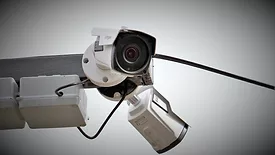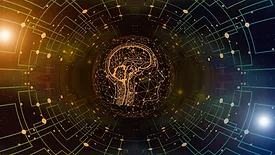Home » artificial intelligence (AI)
Articles Tagged with ''artificial intelligence (AI)''
Sign-up to receive top management & result-driven techniques in the industry.
Join over 20,000+ industry leaders who receive our premium content.
SIGN UP TODAY!Copyright ©2026. All Rights Reserved BNP Media.
Design, CMS, Hosting & Web Development :: ePublishing

.webp?height=168&t=1639772182&width=275)






-(1).webp?height=168&t=1639404922&width=275)

